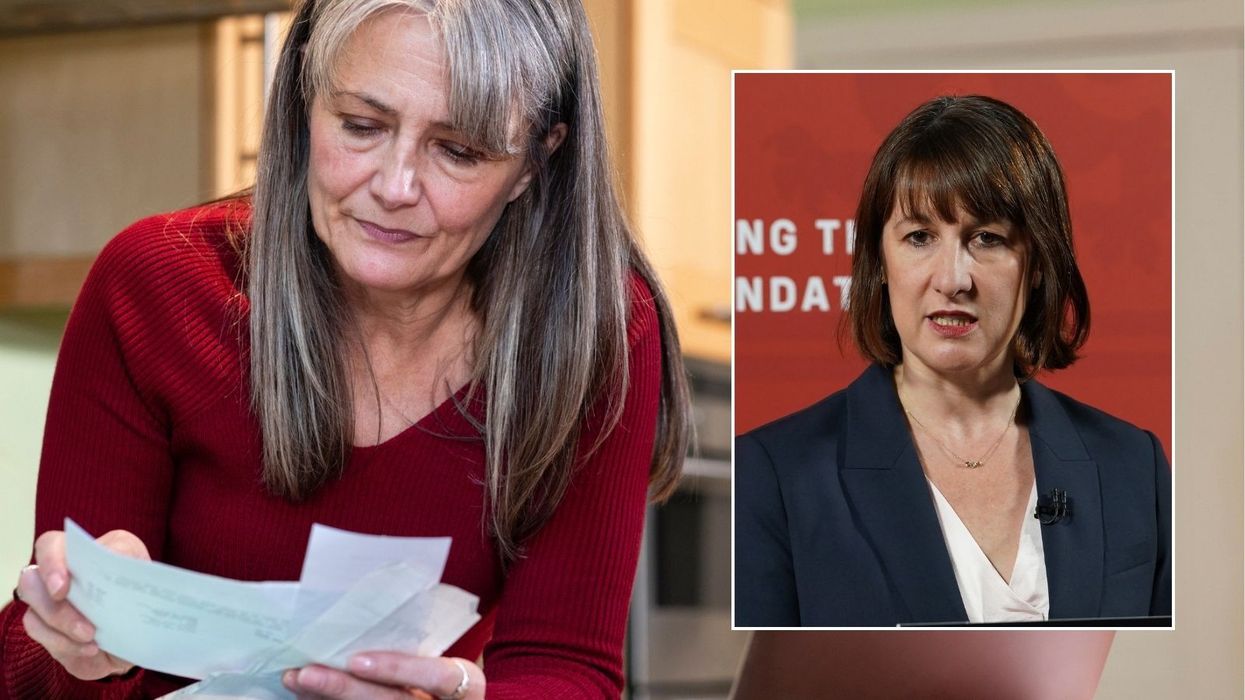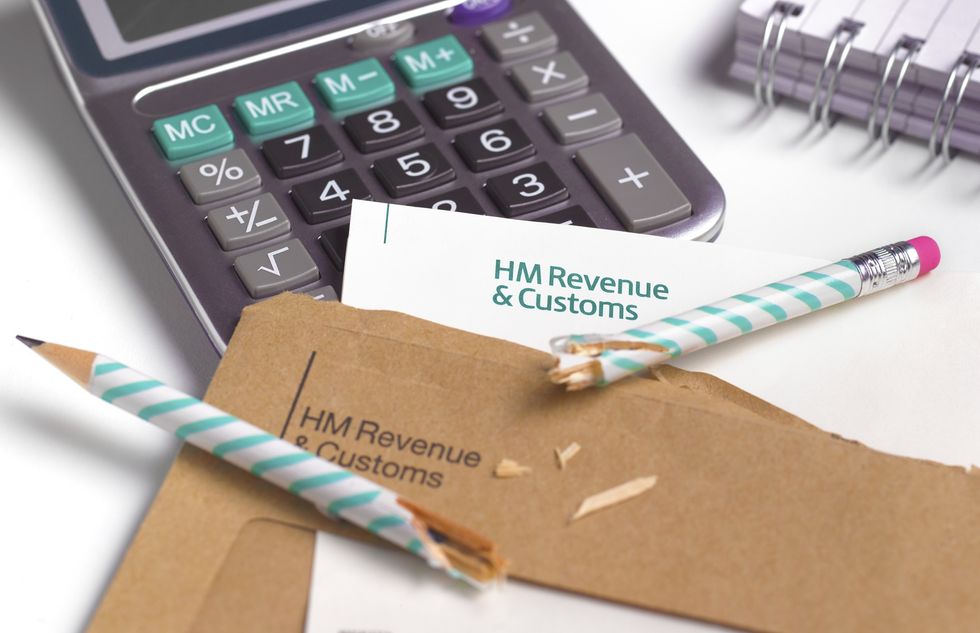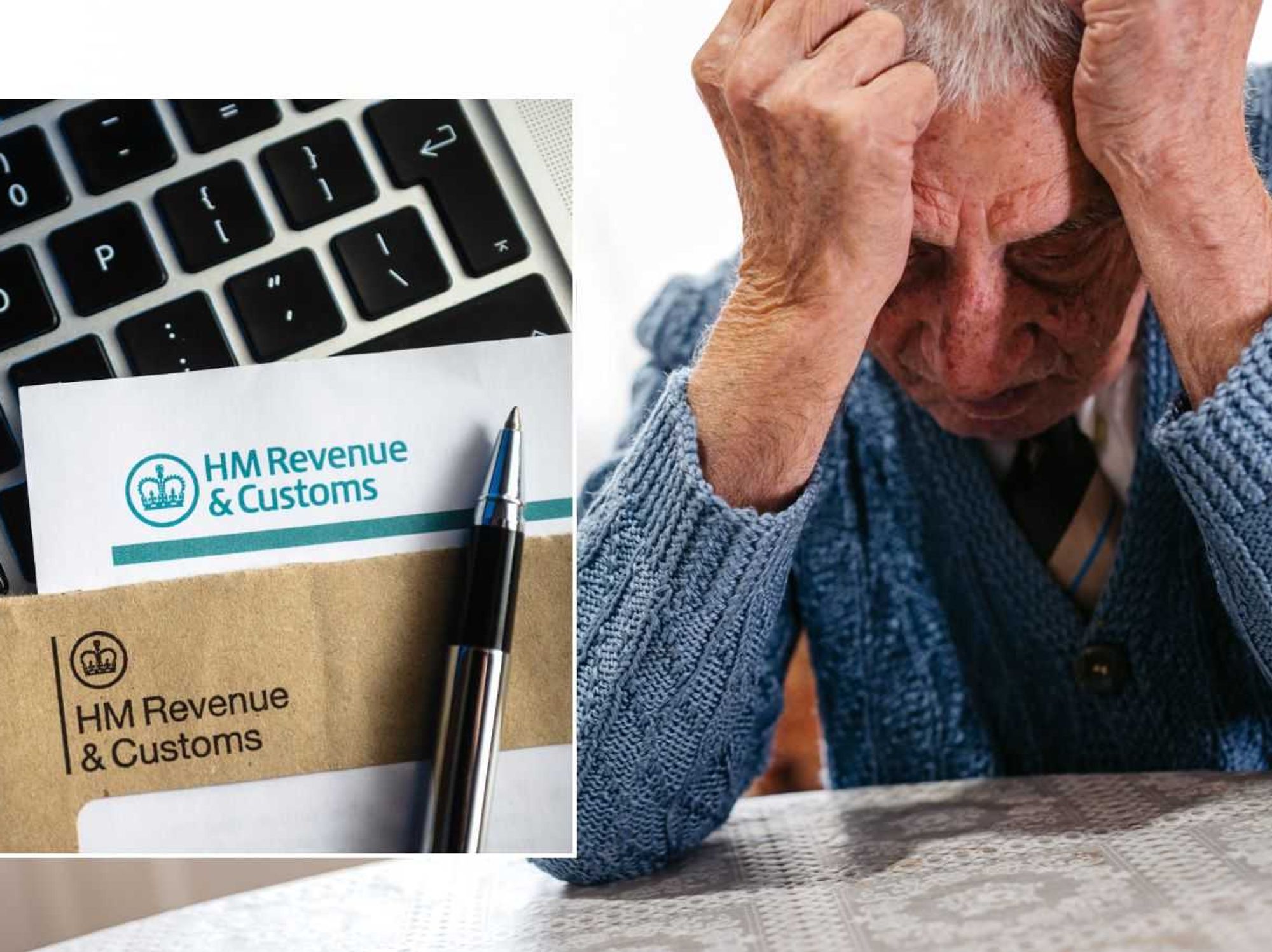Labour could extend stealth tax on hard-working Britons 'until at least April 2029'

"Stealth tax" rises are on their way for thousands of Britons
|GETTY

Many Britons are finding themselves dragged into higher tax brackets
Don't Miss
Most Read
Labour could introduce stealth tax rises on hard-working people without breaking its manifesto promises, according to experts.
Chancellor Rachel Reeves is looking for ways to generate revenue from HM Revenue and Customs (HMRC) without hiking income tax, National Insurance or VAT.
This is likely to be done by keeping the existing freeze on tax allowances which was introduced by the Conservative Government under ex-Chancellor Jeremy Hunt.
Due to rising incomes, many Britons are finding themselves dragged into higher tax brackets and paying more of their money to HMRC.
This is referred to as a fiscal drag with previous estimates suggesting 1.4 million will be pulled into higher bands as a result.
Under Hunt, the tax allowance freeze was set to kept in place until 2028 but some analysts are suggesting this could be pushed back until at least April 2028.
Do you have a money story you’d like to share? Get in touch by emailing money@gbnews.uk.

Taxpayers are struggling with the unsustainable burden of tax
| PAThe last Government came under fire for not preventing fiscal drag as it placed households are risk of paying more tax outside of their control.
As it stands, the tax-free personal savings allowance sits at £12,570 while the basis rate of 20 per cent is charged at those earning up to £50,270.
Anyone making anywhere between this amount and £125,140 is hit with a a 40 per cent tax rate, while additional rate earners are slapped with a 45 per cent rate.
Robert Salter, a director at Blick Rothenberg, outlined the options on the table for Reeves when it comes to bolstering tax revenue.
"It is clear following Rachel Reeves’s recent financial statement, that the Labour Government will be increasing taxes significantly in October’s Budget. There are ways Labour can do this while still officially meeting their manifesto promises not to raise income tax and NIC."
According to the tax expert, the new Labour Government is already "benefiting" from the last administration's decision to freeze allowances and could continue this policy for the foreseeable future.
He added: "However, the Government could extend fiscal drag until at least April 2029.
"This would not break any of the promises that the Labour Party made during the election, and it would increase their tax and NIC revenues significantly. It would also help avoid the negative publicity associated with a direct increase in tax rates or a formal reduction in tax bands."
Blick Rothernberg's director recommending targeting pension tax relief as part of the upcoming Autumn Budget.
Notably, he suggests reducing the tax-free lump sum, which is currently 25 per cent of the pension savings pot in most cases, which pensioners can take out on a tax-free basis on retirement.
LATEST DEVELOPMENTS:

Fiscal drag is causing Britons to pay more tax
| GETTYSalter added: "However, while the cost of pensions tax relief to the Government is significant, at perhaps ca. £30bn per annum, the reality is that fiddling with pensions tax relief is difficult from a political, structural and administrative perspective.
"For example, how would a Government tax the contributions associated with final salary pension scheme so that the tax treatment is the same as regular employer contributions into a defined contribution pension scheme?”
"Finally, it is quite easy for the Government to introduce new taxes on items which can presently be provided on a tax-free basis.
"For example, work-based car parking and work-provided mobile phones are both a tax-free benefit. The Government could tax these on a ‘fixed charge basis’, to capture income tax and NICs from the employee and employer."










